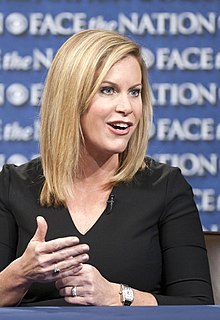A Quote by Barack Obama
Food Stamp recipients didn't cause the financial crisis; recklessness on Wall Street did.
Quote Topics
Related Quotes
'Nobody goes to jail.' This is the mantra of the financial-crisis era, one that saw virtually every major bank and financial company on Wall Street embroiled in obscene criminal scandals that impoverished millions and collectively destroyed hundreds of billions, in fact, trillions of dollars of the world's wealth - and nobody went to jail.
I think the money for the solutions for global poverty is on Wall Street. Wall Street allocates capital. And we need to get capital to the ideas that are successful, whether it's microfinance, whether it's through financial literacy programs, Wall Street can be the engine that makes capital get to the people who need it.
I heard governor Romney here called me an economic lightweight because I wasn't a Wall Street financier like he was. Do you really believe this country wants to elect a Wall Street financier as the president of the United States? Do you think that's the experience that we need? Someone who's going to take and look after as he did his friends on Wall Street and bail them out at the expense of Main Street America.
Once again, the puppets on Capitol Hill are about to slam the Muppets on Main Street. The country still hasn't recovered from the Wall Street-induced financial cataclysm of 2008, yet Congress is preparing to enact the Orwellian 'JOBS Act' - a bill that should in fact be called the 'Return Fraud to Wall Street in One Easy Step Act.'

































